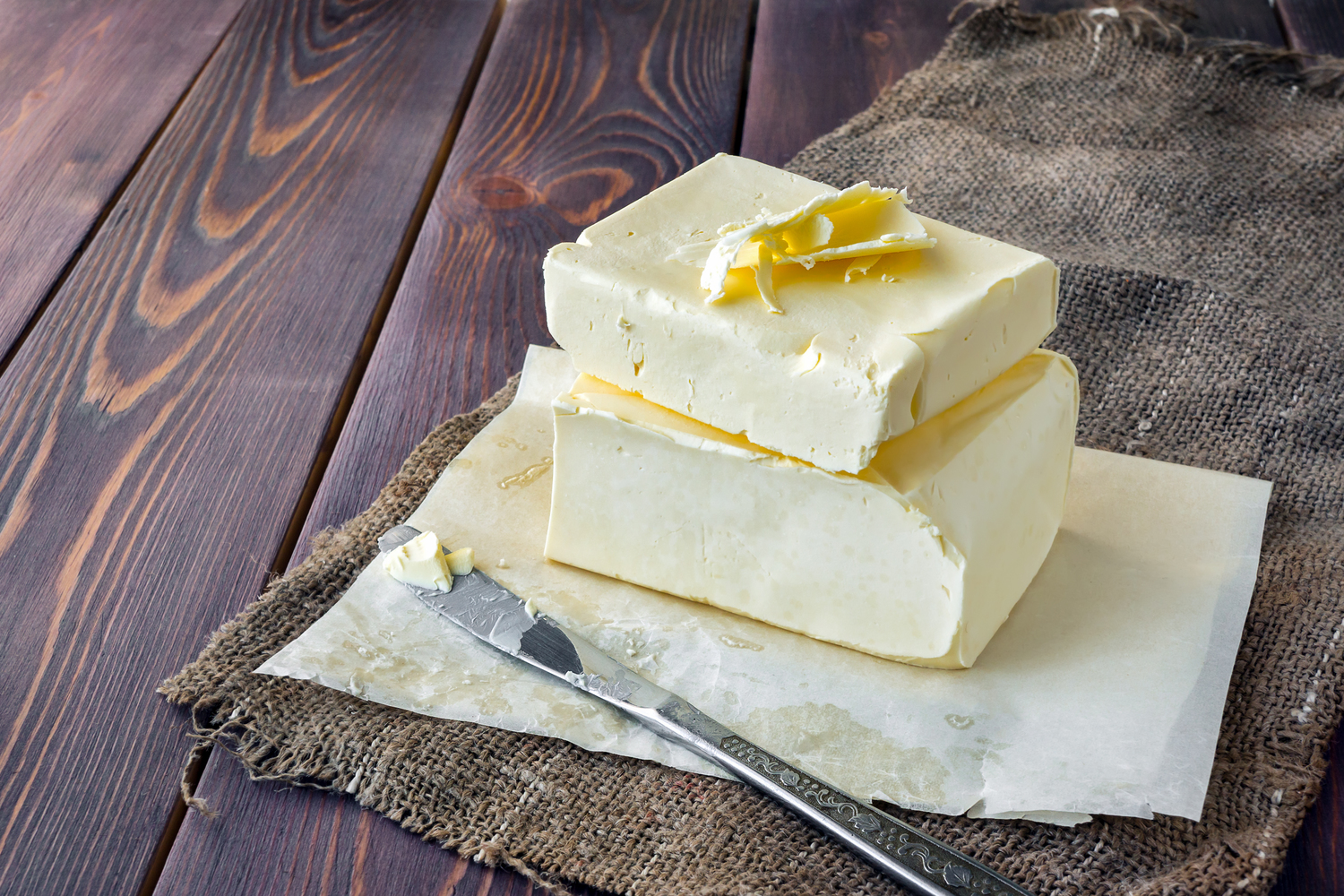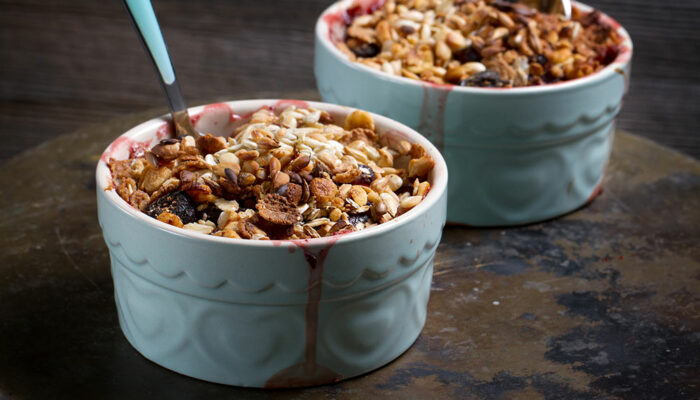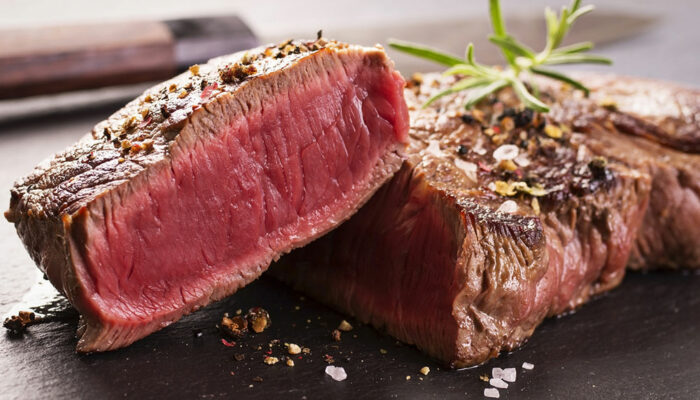
Foods to Avoid for Colitis and Crohn’s Disease
Ulcerative colitis and Crohn’s disease are both chronic inflammatory bowel diseases that can lead to extreme pain. Ulcerative colitis leads to inflammation and ulcers along the colon while Crohn’s disease can occur with similar symptoms anywhere along the mouth and the anus. Both Chron’s and colitis occur in “flare ups”, or durations of active symptoms such as abdominal pain and cramps, diarrhea, fatigue, weight loss, rectal pain and sometimes bleeding; followed by durations of inactive symptoms.
Especially during flare ups, certain foods such as the following should be avoided:
1. Alcohol
Alcohol can trigger the symptoms of both colitis and of Crohn’s disease, though you can determine if you want to enjoy it rarely. Ingestion of alcoholic beverages leads to stimulation of your digestive tract, and this only continues with the more that you choose to drink. When your digestive tract is stimulated, you may feel more nauseous and experience more pain, leading to diarrhea and even vomiting in some people’s cases.
2. Butter or margarine
Butter and margarine are both additives for your food that have high-fat content. When you eat a lot of fatty foods, this can lead to a buildup in your digestive tract, which may cause constipation and other digestive problems. If you experience this buildup, your digestive tract may experience more inflammation than before which can lead to a flare-up of your ulcerative colitis or Crohn’s Disease.
3. Carbonated beverages
Carbonated beverages such as seltzer water, some other alcoholic beverages and soda can make your digestive symptoms much worse when you have one of these two conditions. The bubbles from the carbonation can lead to more inflammation in your digestive tract, which can cause intense gas and bloating. Sodas also contain sugar and sugar additives which can cause more pain and more inflammation for either condition, but especially for ulcerative colitis.
4. Coffee or caffeine
Ulcerative colitis and Crohn’s disease each lead to a more frequent need to go to the bathroom. Drinking beverages that contain caffeine, including coffee, can lead to a larger need to use the bathroom as well as the digestive tract is stimulated. Coffee itself often causes individuals to have to defecate more often, so you are sure to increase the amount of time you spend in the bathroom when drinking it.
5. Corn
This vegetable is high in fiber which can lead to constipation and irritation in your digestive tract. Corn is also not able to be fully digested, which can also prove to cause irritation, especially in the small intestine. When this irritation occurs in the small intestine, you may experience diarrhea or at least a frequent need to have a bowel movement and defecate.
6. Dairy products
Individuals who are already lactose intolerant know the digestive problems that can come along with eating dairy and large amounts of them. Those who do have ulcerative colitis or Crohn’s disease have many of the same symptoms as individuals who have this allergy. It is better to be safe than sorry and to avoid dairy products as much as possible in order to keep your digestive symptoms under control.
Bowel disorders are never fun. It is important to do all that you can to control these symptoms, which comes with avoiding certain foods in your diet.



